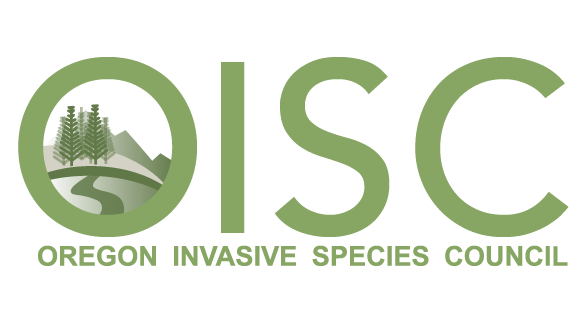June 2021 OISC Meeting Recap
/In case you missed it, here is a quick recap of the most recent Oregon Invasive Species Council meeting held June 16, 2021. We had 25 attendees representing 20 organizations in total. Representation included 4 Federal Agencies, 5 State Agencies, 2 Educational Institutions, and others including NGOs, advocacy groups, and individuals.
Highlights from the June meeting include:
Rick Boatner (2021 OISC Chair, Oregon Department of Fish & Wildlife) gave an update on the 2021-2023 OISC budget, workplan, and Coordinator contract.
Paul Heimowitz (U.S. Fish & Wildlife) and Rachel Gregg (EcoAdapt) gave an overview of the Invasive Species & Climate Change: Northwest State of Practice Survey that received 300+ responses (link to presentation). Responses showed that management priorities included biodiversity, rare species and habitats, habitat connectivity, freshwater sources, and endangered species. Additionally, respondents reported spending more time addressing existing invasive species and 49% feel they are currently holding ground against invasives.
A rough timeline for 2022 Appointed Membership Nominations & Officer Elections was presented to the Council.
The Council approved the updated OISC Bylaws, which included edits focused on Council and Committee procedures, delegation of tasks, working groups, communication flow, and statutory obligations.
Sam Chan (Oregon Sea Grant) of the Education & Outreach Committee gave a progress update for the Inclusive Language Working Group. They continue to work on problematic name nomenclature.
The Council approved changing the concept of what was formerly referred to as the “Worst List” to an invasive species hub and associated categories and to continue to populate information to support those resources. Nikki Brooks (Customs & Border Protection) went over the process for publishing the invasive species information hub. The working group plans to coordinate with the Education & Outreach Committee to publish the list.
Karen Ripley (USDA Forest Service) of the Communications Committee gave a progress update on the 2020 Annual Report and identified areas that are needing content. The committee hopes to reinstate a monthly meeting for July, August, September, and November.


